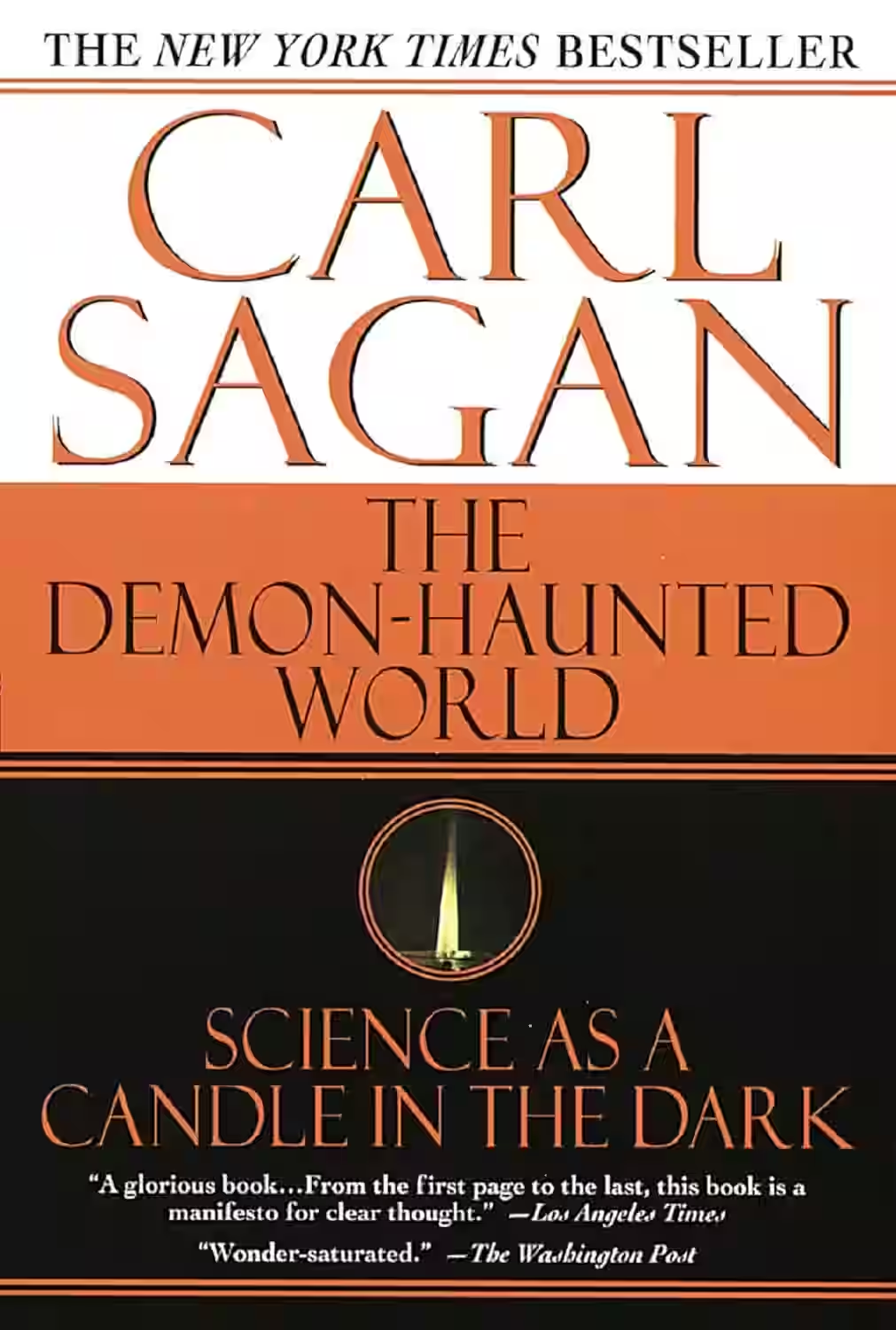
In 'The Demon-Haunted World: Science as a Candle in the Dark', the iconic astrophysicist Carl Sagan explores the importance of critical thinking and the scientific method in a world often plagued by pseudoscience and superstition. Sagan takes readers on a journey through the wonders of the cosmos while also addressing the dangers of ignorance and irrationality. Through captivating anecdotes and compelling arguments, he advocates for a society that values evidence-based reasoning and skepticism. This enlightening book serves as a powerful reminder of the immense potential of science to illuminate our understanding of the universe and combat misinformation.
About Carl Sagan
Carl Sagan (1934-1996) was an American astronomer, cosmologist, and astrophysicist whose groundbreaking research and popular science writing captivated millions. Born in Brooklyn, New York, Sagan played a pivotal role in the scientific community, contributing to NASA's space missions and pioneering the search for extraterrestrial life. His best-known work, 'Cosmos,' became a bestselling book and award-winning TV series, making complex scientific concepts accessible to a wide audience. Sagan's eloquent prose and passion for exploring the mysteries of the universe left an indelible mark on literature, inspiring generations to ponder the wonders of the cosmos.
Other Books by Carl Sagan
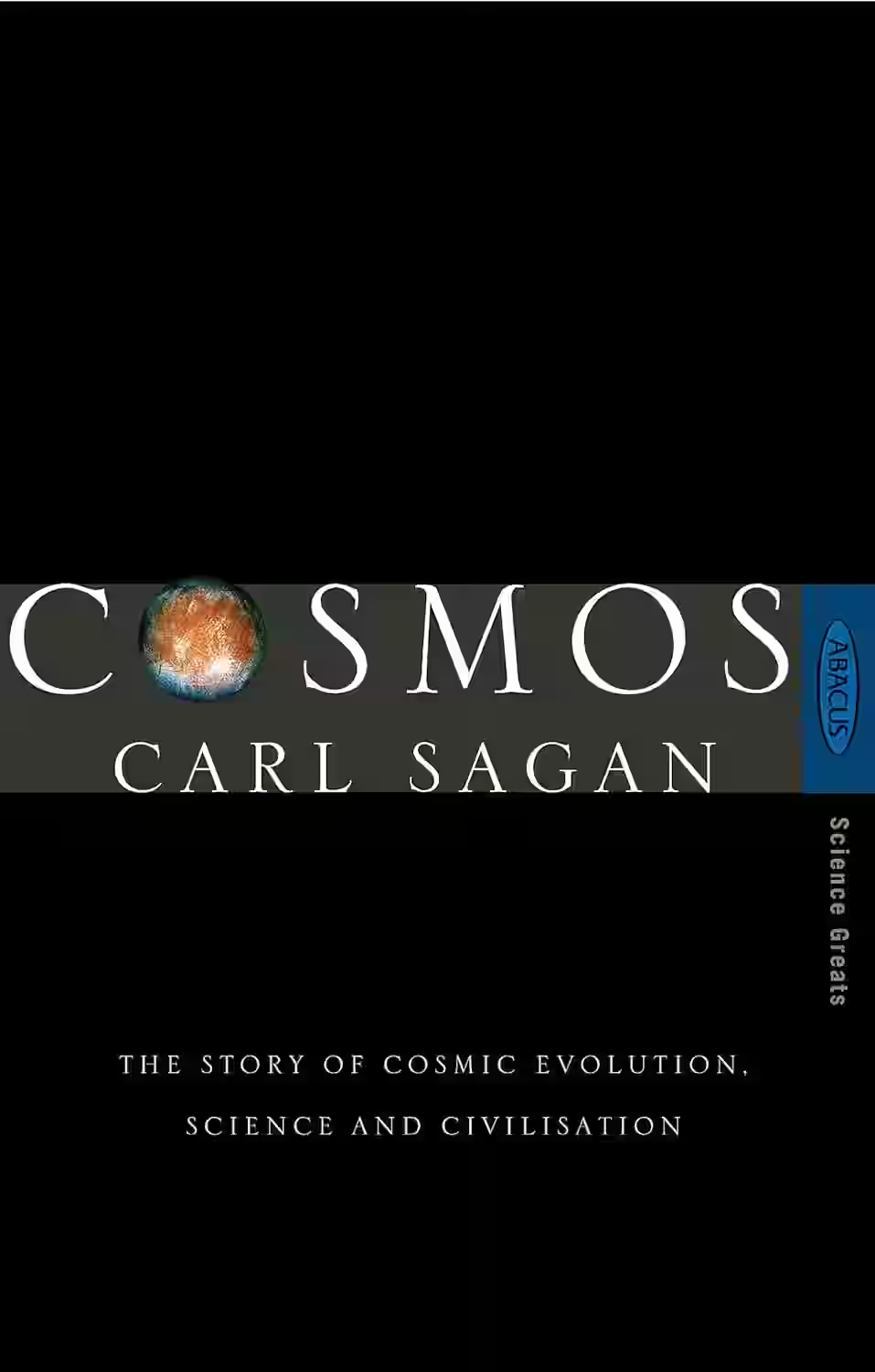
Cosmos
by Carl Sagan
In Carl Sagan's 'Cosmos', readers embark on a thrilling journey through the vast cosmos, exploring the wonders of our universe and humanity's place within it. With profound insight and poetic prose, Sagan delves into topics like space exploration, evolution, and the origins of life, bridging science and philosophy seamlessly. Through this masterpiece, he ignites a sense of curiosity and awe, urging us to ponder our existence and the mysteries of the cosmos. 'Cosmos' not only educates but also inspires readers to embrace science and reason, fostering a greater appreciation for the interconnectedness of all things.
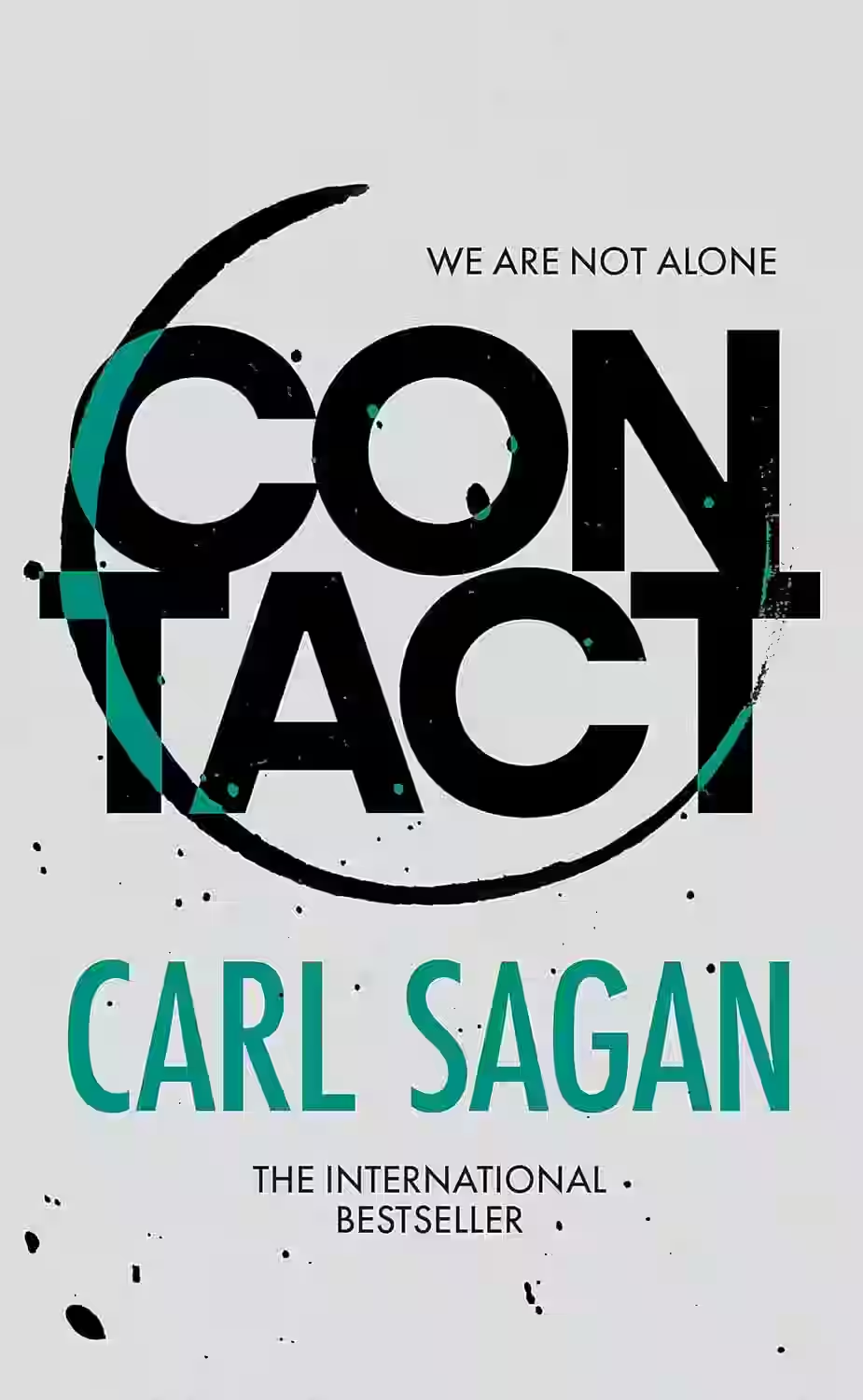
Contact
by Carl Sagan
In Carl Sagan's thought-provoking novel 'Contact,' readers are taken on an exhilarating journey through space exploration, science, and the age-old question of humanity's place in the universe. The story follows Dr. Ellie Arroway, a passionate and dedicated scientist who makes contact with extraterrestrial beings through a mysterious signal from the star Vega. As Ellie navigates the complexities of politics, religion, and the unknown, she embarks on a quest for truth that challenges her beliefs and the very fabric of reality. 'Contact' seamlessly weaves together science and philosophy, offering a captivating narrative that explores the boundless curiosity of the human spirit.
Similar Books
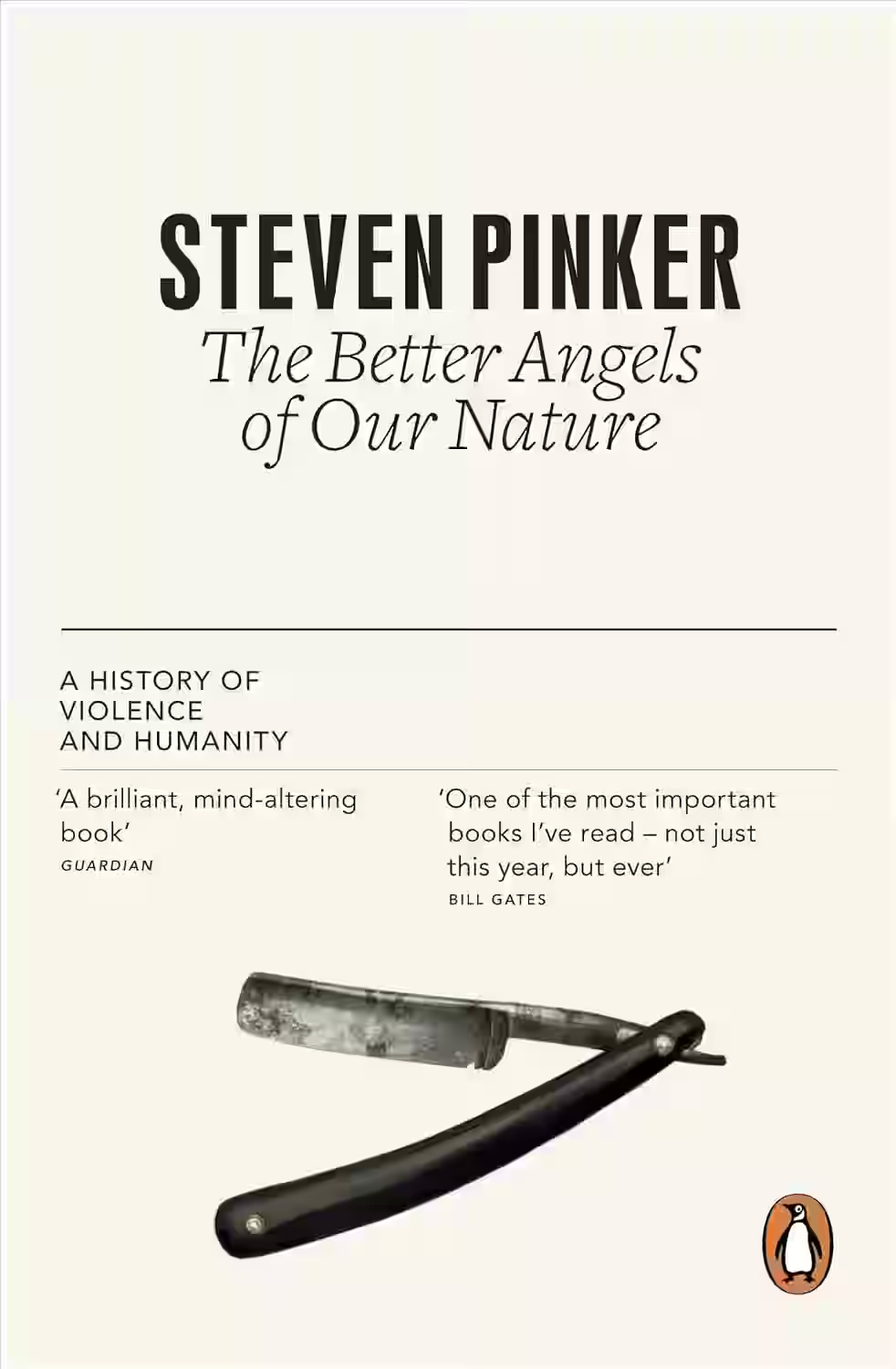
The Better Angels of Our Nature
In The Better Angels of Our Nature, cognitive scientist Steven Pinker argues that, contrary to popular belief, violence has declined significantly over human history. Drawing on data from psychology, history, and political science, Pinker examines how societal changes—such as the spread of literacy, trade, and centralized governance—have contributed to a more peaceful world. He identifies forces like empathy, reason, and moral progress as "better angels" guiding human behavior. Though controversial, the book provides a compelling, data-driven narrative that challenges pessimistic views of human nature and makes a bold case for the progress of civilization over the centuries.
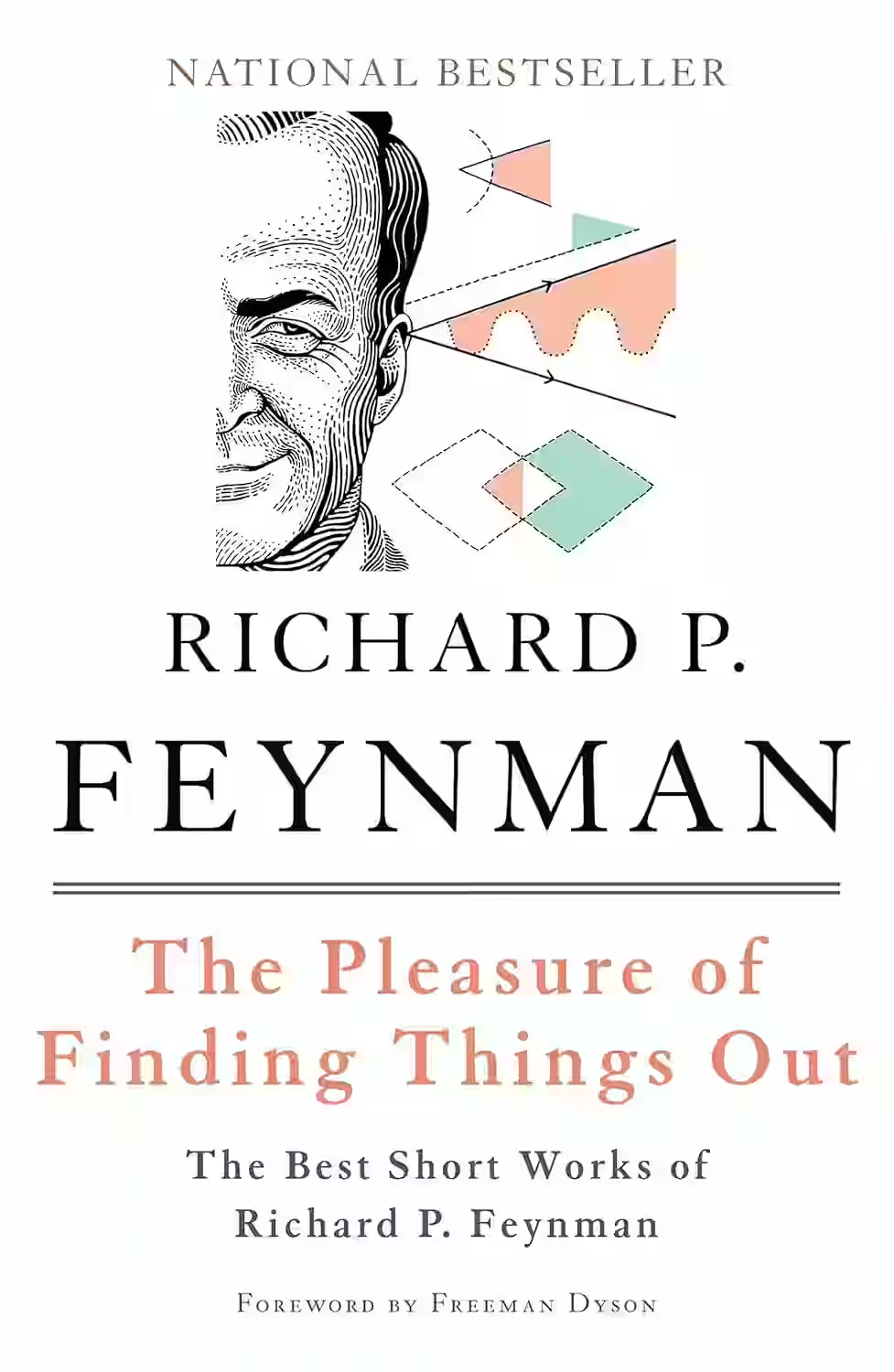
The Pleasure of Finding Things Out
This collection celebrates the remarkable achievements of Nobel Prize-winning scientist Richard P. Feynman, whose work profoundly reshaped our understanding of quantum electrodynamics. "The Pleasure of Finding Things Out" is a magnificent compilation of Feynman's finest short works, encompassing interviews, speeches, lectures, and articles. Offering an intimate and captivating glimpse into an extraordinary life dedicated to science, this wide-ranging treasury explores Feynman's thoughts on science in culture and includes his insightful Nobel Prize acceptance speech. It's a fascinating read for anyone intrigued by the power of ideas and the scientific mind.
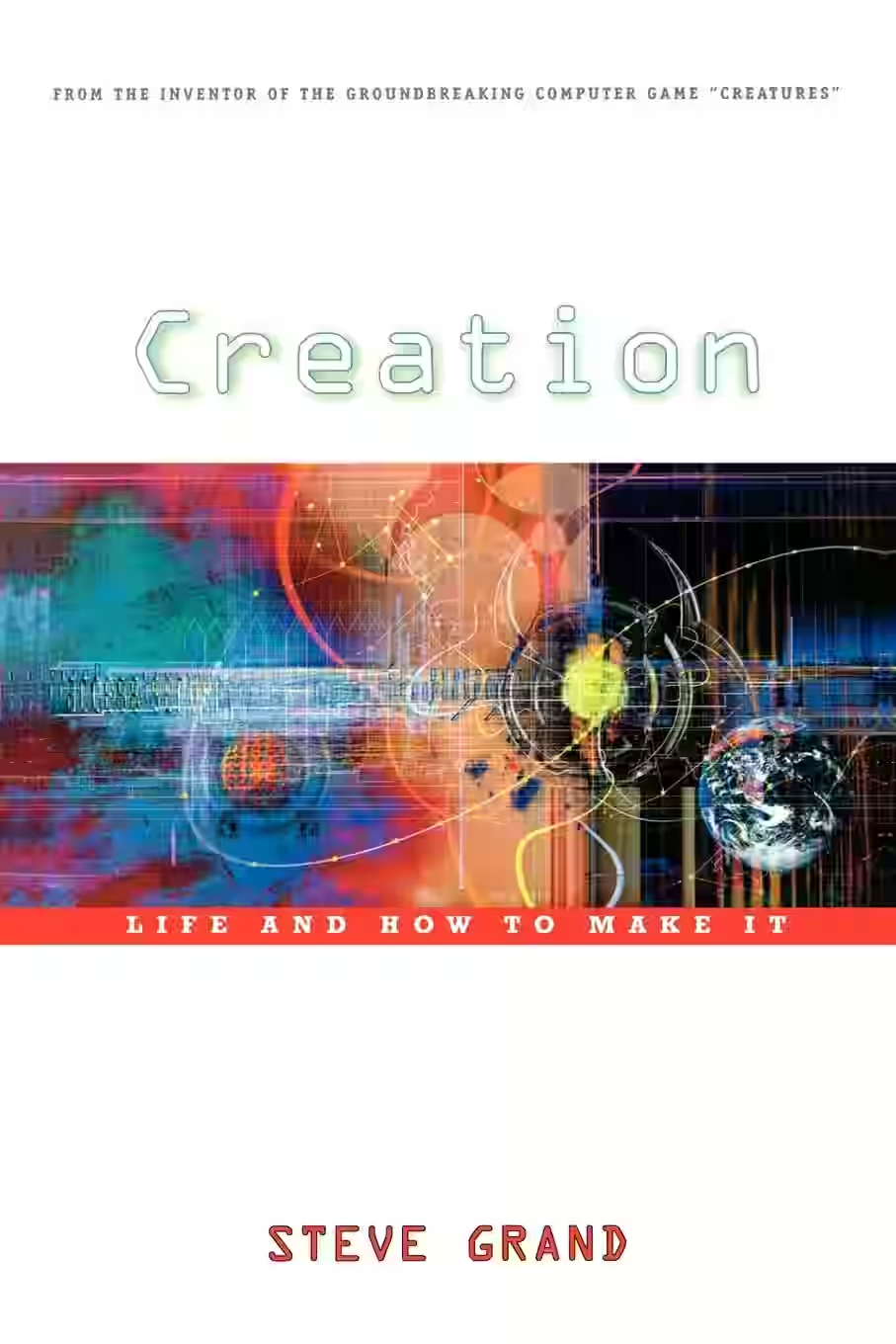
Creation: Life and How to Make It
In Creation, Steve Grand—creator of the artificial life game Creatures—explores the nature of life, intelligence, and consciousness from the perspective of an artificial life researcher. Blending computer science, biology, and philosophy, Grand argues that life can be understood and even recreated through complex, self-organizing systems. He challenges traditional views of the mind and body, suggesting that understanding emergence and connection is key to replicating living processes. With imagination and technical insight, Creation is a provocative meditation on what it means to be alive—and whether machines can one day truly think, feel, and evolve like biological organisms.
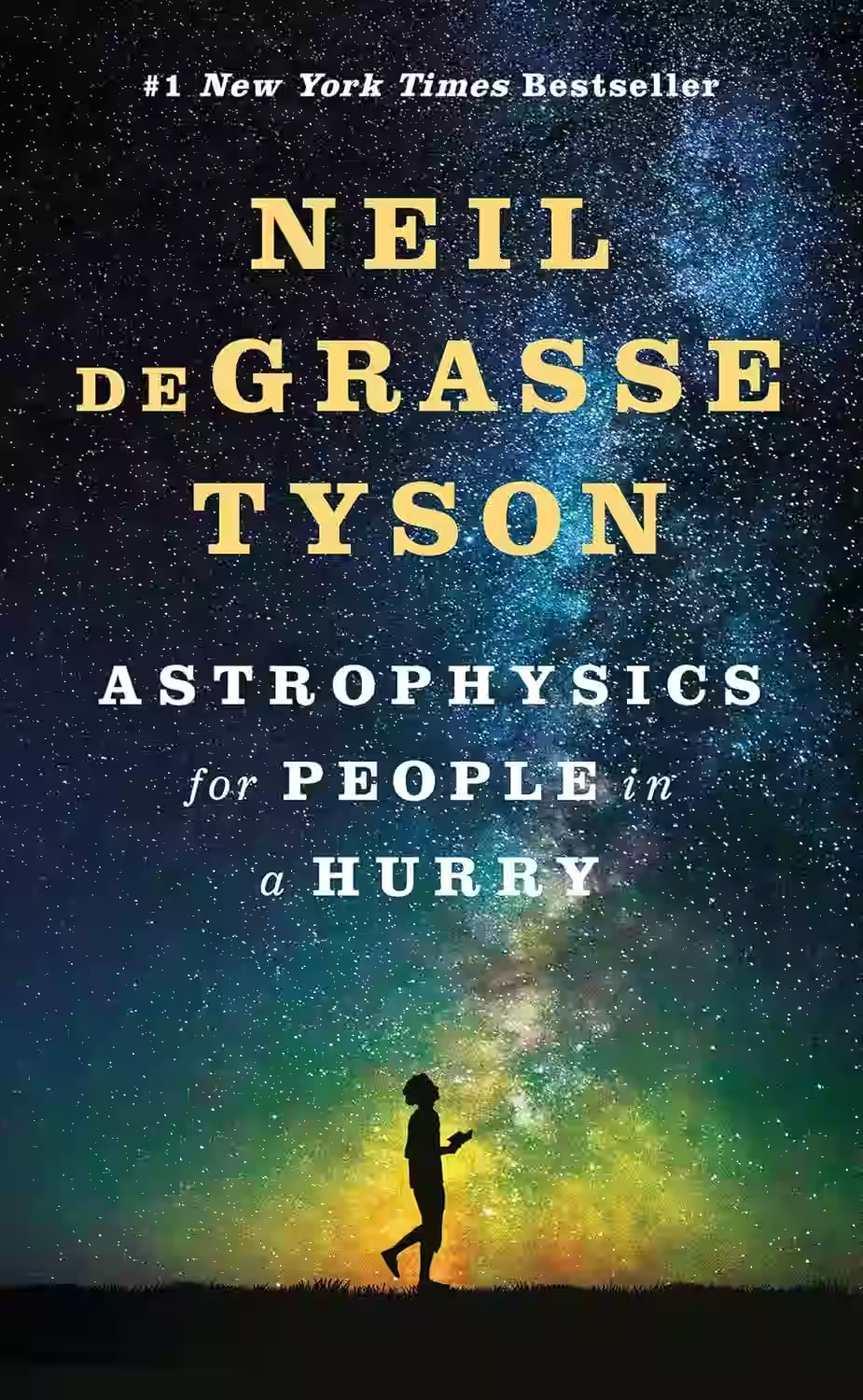
Astrophysics for People in a Hurry
Neil deGrasse Tyson's 'Astrophysics for People in a Hurry' is a captivating exploration of the vast cosmos condensed into a digestible and easy-to-understand format. Through his engaging prose, Tyson delves into complex astrophysical concepts such as the Big Bang, black holes, and dark matter, making them accessible to readers without a scientific background. The book seamlessly combines history, science, and philosophy to paint a comprehensive picture of the universe's mysteries and wonders. Tyson's wit and clarity shine through, making this book not only educational but also entertaining. 'Astrophysics for People in a Hurry' is a perfect read for anyone seeking a quick yet enlightening journey through the cosmos.